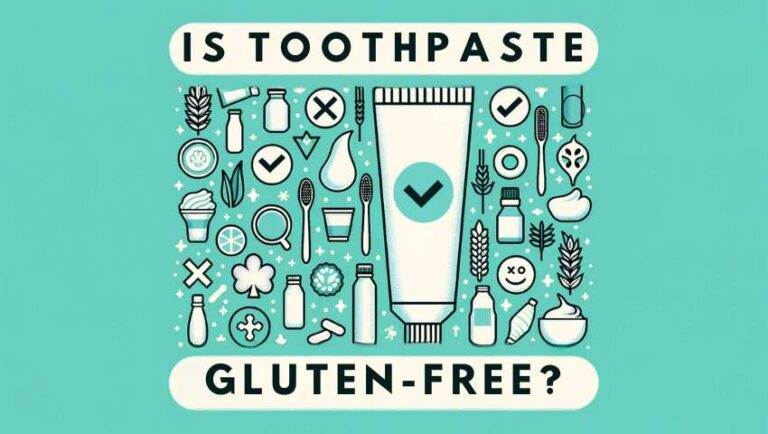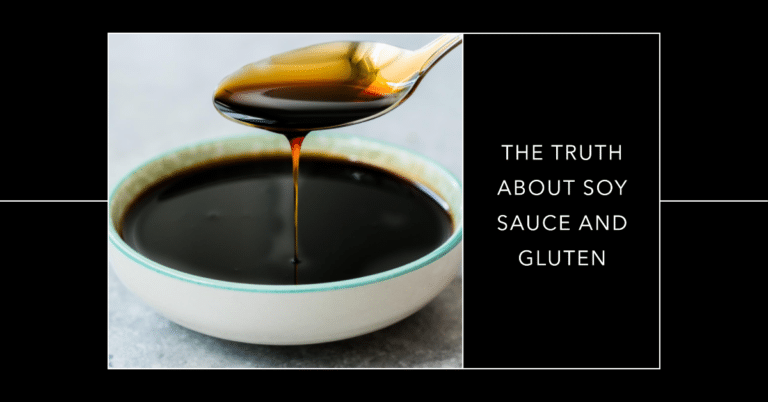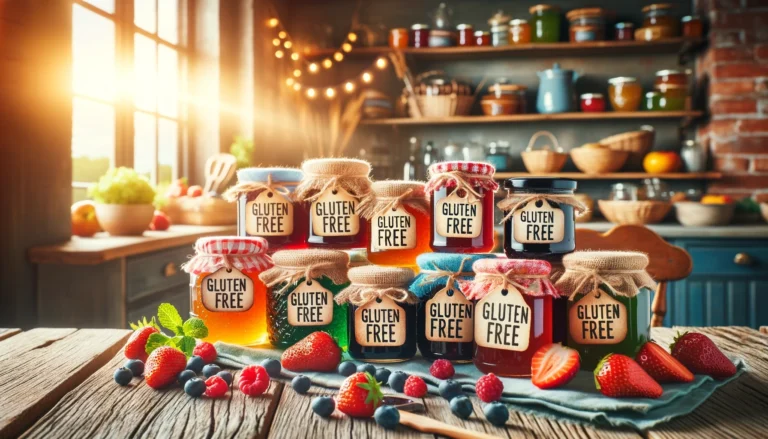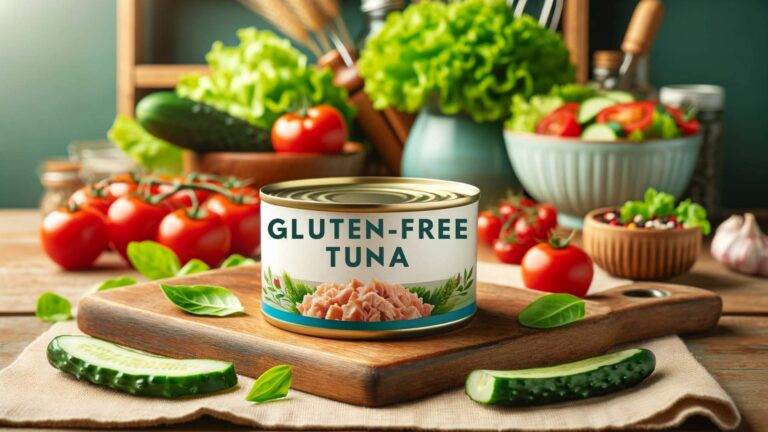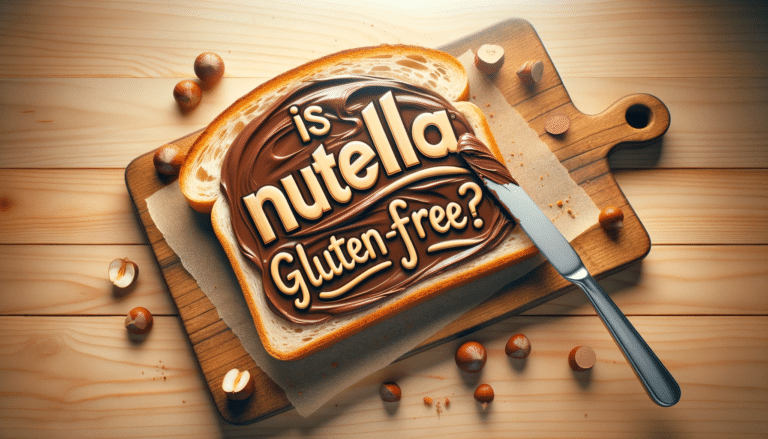Gluten-Free or Bust: Do Potatoes Have Gluten?
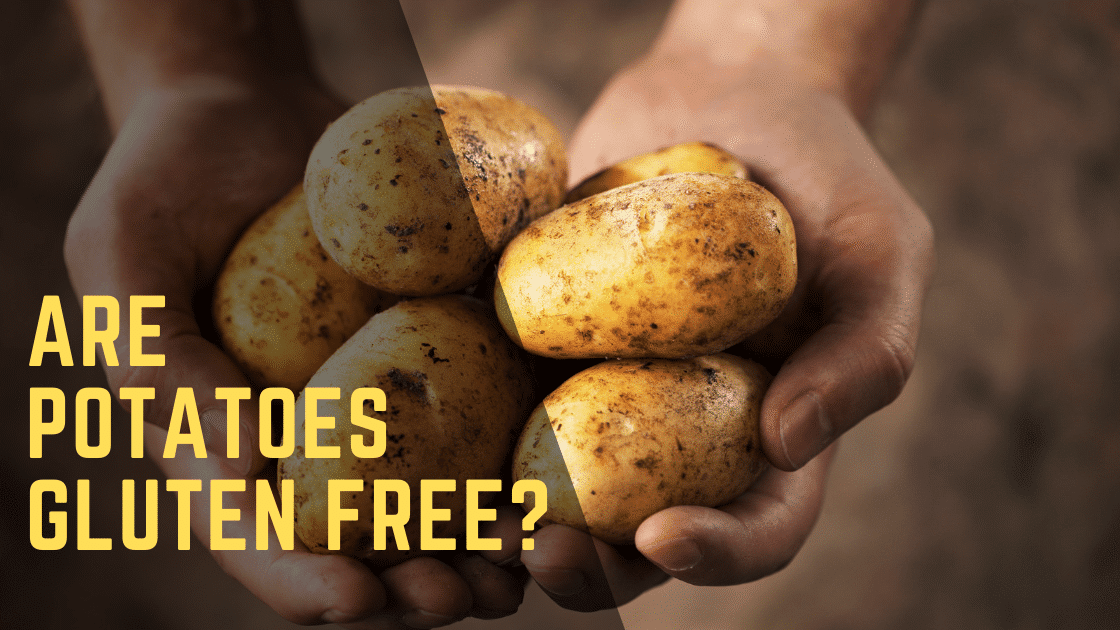
If you’re a celiac, potatoes probably feel like the holy grail of safe gluten-free eating – but do potatoes have gluten?
The answer may surprise you.
Potatoes are naturally gluten-free, but that doesn’t mean they can’t contain it.
As with any other food, there’s always a possibility that potatoes might have been processed or prepared in an unsafe way.
They may already have gluten-containing ingredients or have been contaminated with gluten during preparation.
To protect yourself as a celiac, knowing how potatoes and gluten can overlap is essential.
In this article, I’ll get into all the facts about do potatoes have gluten – from possible sources of contamination to delicious recipes for meals using only potato-safe ingredients and everything else in between.
Let’s dive in!
Why Avoiding Gluten Is Essential for Some (And why it’s not such a bad thing)
Let’s get real, if you have celiac disease or non-celiac gluten sensitivity (NCGS), the last thing you want to worry about is if the potatoes that you’re eating contain gluten.
It shouldn’t be so hard to find food you can trust.
But here’s why ditching gluten is a positive thing: it’s an opportunity to discover creative new recipes, enjoy meals you once thought weren’t possible to make, and, most importantly, it’s a chance to keep your body strong and healthy.
The best part? You’ll avoid all the unpleasant gluten ingestion symptoms, like cramps, bloating, and fatigue (or at least give yourself the best chance to avoid such unpleasant symptoms).
So go ahead – take the plunge and find out what happens when you say “no” to gluten; I promise you won’t regret it!
Are Potatoes Gluten-Free?
Indulge in potatoes without worrying about gluten!
Yes, the beloved spud is naturally gluten-free – feel free to enjoy your plain white or sweet potatoes to your heart’s content.
But here’s a caveat: some processed potatoes, like instant mashed potatoes or perfectly fried French fries, can be contaminated before, during, or even after the cooking process.
To avoid any unintended gluten surprises, check labels and ensure products are marked “gluten-free” before picking them up (or at least ensure they don’t have any gluten-containing components marked in bold/capitalized on the ingredients list)
But be aware that even naturally gluten-free products, like potatoes, can be contaminated with gluten if processed in a facility that also processes wheat or other grains.
Personally, I take ‘may contain gluten’ very seriously – avoiding products with such warnings at all costs.
Put it this way, if it said ‘may contain poison’, you wouldn’t risk it, would you?
Sure, that’s an extreme example, but you get the picture!
Different Types of Potatoes: Which Ones Are Gluten-Free?
I’m always so excited when it comes to potatoes. French fries, mashed potatoes, sweet potatoes – there’s something about them that can instantly make any meal more enjoyable.
But if you’re trying to stick with a gluten-free diet, you may wonder: are any of these delicious potatoes gluten-free?
French fries and sweet potatoes are usually gluten-free, but it’s essential to check what oil your fries were cooked in – if it has come into contact with gluten-containing items like wheat or rye, then you’re out of luck.
The same goes for seasonings, sauces, and coatings. When it comes to mashed potatoes, things get a bit more complicated.
Generally speaking, they don’t contain gluten if you only use potatoes, butter, milk, and salt – all usually gluten-free ingredients.
But, to be safe, always check with your server that they haven’t used any gluten-containing seasonings or ingredients in preparing your meal.
Knowing what’s in your food is the key to avoiding accidental gluten exposure.
Is Potato Flour Gluten-Free?
I’m sure you’ve heard a lot of chatter about gluten-free diets lately, and one of the main components that have been getting a lot of attention is potato flour.
So, the big question is – is potato flour gluten-free?
Well, here’s the verdict: absolutely! Potato flour is made from ground potatoes, and it is gluten-free.
Not only is it an excellent alternative for those avoiding gluten, but it also makes for some seriously delicious baked goods.
So if you’re trying something new in the kitchen or looking to cut down on your daily gluten intake, give potato flour a try!
Other Gluten-Free Alternatives to Potatoes
Potatoes have been my go-to gluten-free staple for a long time. But sometimes, it’s easy to get bored with the same old spuds.
Thankfully, there are plenty of other delicious options to mix up your meal plan and keep things interesting!
Rice is a fantastic source of complex carbohydrates and contains more than 15 vitamins and minerals [1], while quinoa provides plenty of protein, fiber, and essential fatty acids.
Gluten-free pasta made from rice or corn is also super tasty and makes for a great dinner when paired with some veggies.
So don’t be afraid to try something new – you never know what deliciousness may lie in store!
Final Thoughts: Do Potatoes Have Gluten?
Potatoes are versatile and delicious but can sometimes pose a risk to those with celiac disease or gluten intolerance.
With that in mind, check the ingredients, labels, and cooking equipment when preparing potatoes. And if a dish is labeled “may contain gluten,” it’s best to steer clear (at least if you’re celiac like me).
Remember, safety is always paramount when consuming any food – whether that’s potatoes or anything else.
Now enjoy this spud-tacular treat without worry!
Disclaimer: This content is based on my personal experience as an individual diagnosed with celiac disease and IBS (Irritable Bowel Syndrome) who follows a strict gluten-free diet. This does not constitute medical advice. Please consult a medical professional, nutritionist, or qualified dietitian for personalized, professional advice.

